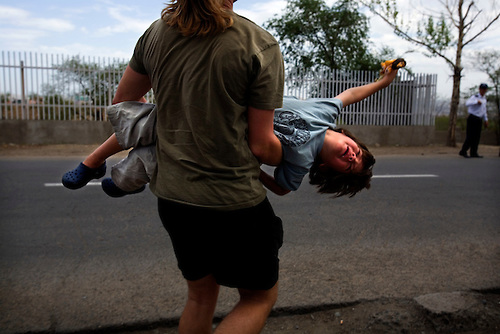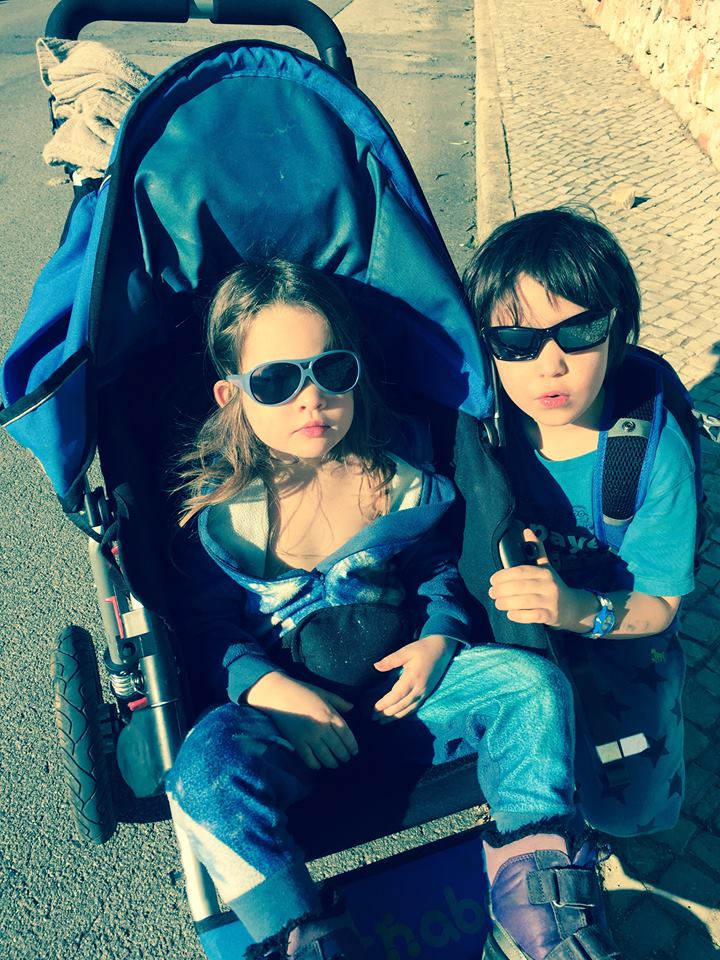Tag: parenting
-

When children are anxious or explosive
“You’re KILLING me, I can’t BREATHE, I’m HOT, let me go! You’re hurting me. What kind of MOTHER hurts her own SON.” I look down and check. My hands are so loosely around his 7 year old wrists. Admittedly, I was holding him pretty tight a few minutes ago but now it feels like…
-

Help your child prepare for school
We’re really lucky that our daughter is getting the opportunity to start processing her feelings about starting Reception in September each time we drop her brother off at the school. Last week she started crying as we were leaving his classroom under the pretext of wanting me to pick her up. I was unhurried and…
-
What if you spoke to yourself the way you speak to your kid?
I was walking up a long, beautiful hill in the wilderness today, with my reluctant 3 year old in tow. She was shivering and taking a few little steps at a time. About halfway up the hill she started screeching “I’m too tired” and “I can’t walk” over and over. When the black clouds opened…
